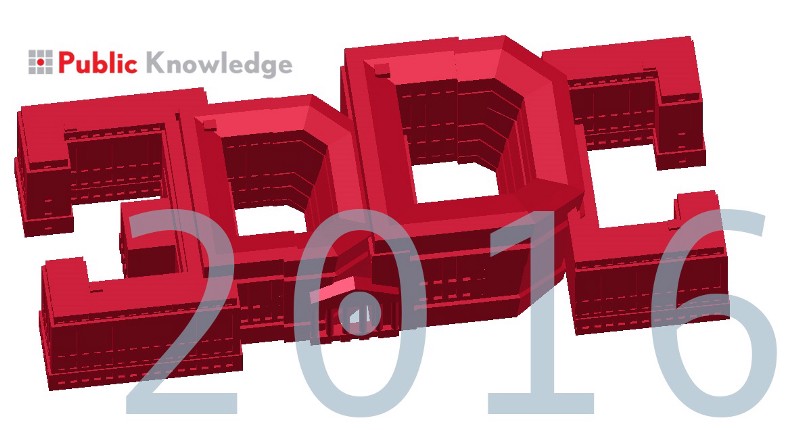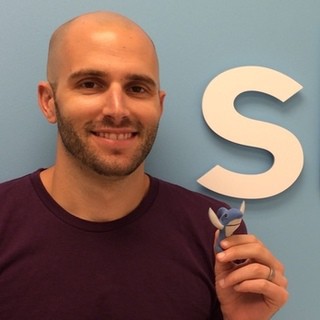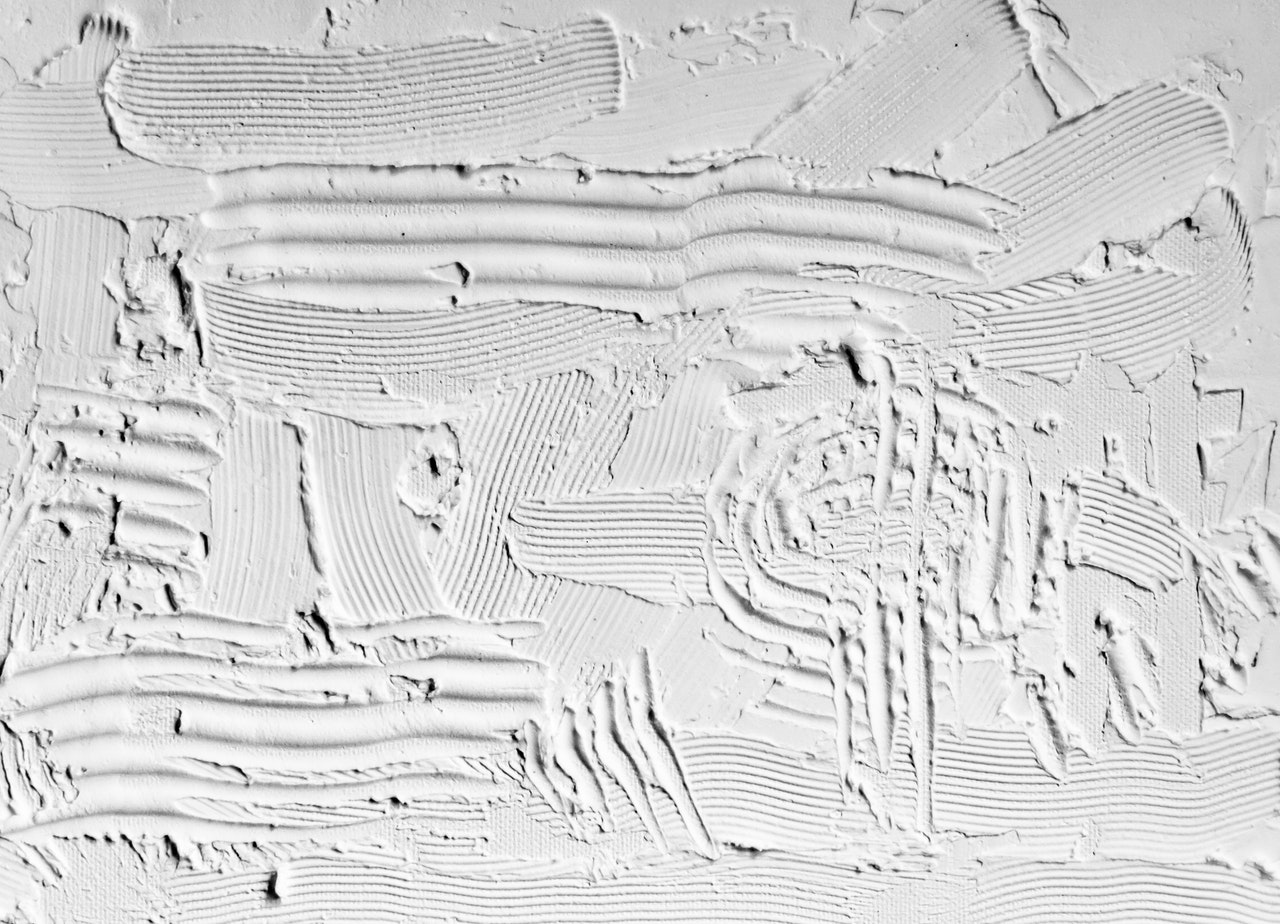By Courtney Duffy on March 25th, 2016
A Conversation on 3D Printing with 3D/DC Founder Michael Weinberg

This week we announced the details of 3D/DC 2016, an annual 3D printing policy event on Capitol Hill that is put on by our friends at Public Knowledge and the Congressional Maker Caucus. Our Robert W. Deutsch Arts & Technology Policy Fellow Courtney Duffy, who is running the event this year, recently interviewed the man who started it all: Michael Weinberg. The post below was originally featured here on the Public Knowledge blog.

We’re proud that 3D/DC 2016 marks the fifth anniversary of bringing the 3D printing community to Capitol Hill to talk policy. This year’s event takes place in the Rayburn House Office Building on Thursday, April 14 — now less than a month away! You should come.
To ramp up for the event, we’ll be featuring blog content from some of our sponsors to give you a sneak peek of what’s in store. We’ll begin with a Q&A from our former colleague Michael Weinberg, who founded 3D/DC during his time at Public Knowledge and today works as an IP & General Counsel at Shapeways, a valued 3D/DC sponsor.
What was your motivation for creating 3D/DC?
A large part of Public Knowledge’s online copyright work is shaped by the negotiations around the DMCA. Unfortunately, many of the stakeholders who are most impacted by the rules grounded in the DMCA were not part of those negotiations. A big part of the idea behind 3D/DC was to make sure that the 3D printing industry had a relationship with policymakers before any sort of controversy erupted. That way they could be involved with any legislative discussion as it was happening, not just trying to work within the rules after they were made. It was also designed to give the 3D printing community a familiarity with policymakers (and policymakers a familiarity with the 3D printing community) so that those discussions could start on a substantive level instead of a “get to know you” level.
What is your favorite part of 3D/DC? Do any memories stick out in particular?
My favorite part is when I see it working. Year after year, you can see the 3D printing community get more and more comfortable talking to policymakers. At our first White House meeting everyone was a bit surprised to find themselves there. Last year we had a really engaged discussion because everyone understood what it meant to go to that kind of meeting and what was going to happen. It is also fantastic to see groups like the Congressional Maker Caucus grow on the policymaker side. It shows a strong commitment on the policymaker side to engage with these communities as they grow in order to really understand what is happening in them. It is easy to engage with a community when it is generating headlines, but thoughtful policymaking requires understanding it over the long term.
Tell us what you and Shapeways are up to these days.
Building a great online community and making it even easier for everyone to access 3D printing. It has been fantastic to watch people take advantage of the ability to print in things like metal and ceramic. I also love that 3D printing on demand lets people open a small business without having to put up a lot of money in advance. Beyond that I’m working on another whitepaper on 3D scanning and copyright law. Not surprisingly, it is making me rethink a lot of what I thought I knew about photography copyright.
What are you most looking forward to at this year’s 3D/DC?
Watching it grow and expand. I think that Courtney’s background and her connection to Fractured Atlas bring an important new perspective to the event. The panels are covering more diverse topics than in the past, which is important. As we move beyond “what is this 3D printing thing?” it is critical to explain what is really happening with 3D printing. In order to do that you need to bring in all of the communities that use 3D printing, especially ones who don’t think of themselves primarily as 3D printing communities.
If you haven’t already RSVP’d for this year’s event, you can do so here. You can follow Courtney on Twitter @cduffy90, Michael @mweinberg2D, the Maker Caucus @MakerCaucus and Public Knowledge @publicknowledge. Be sure to use the event hashtag, #3DDC2016.

